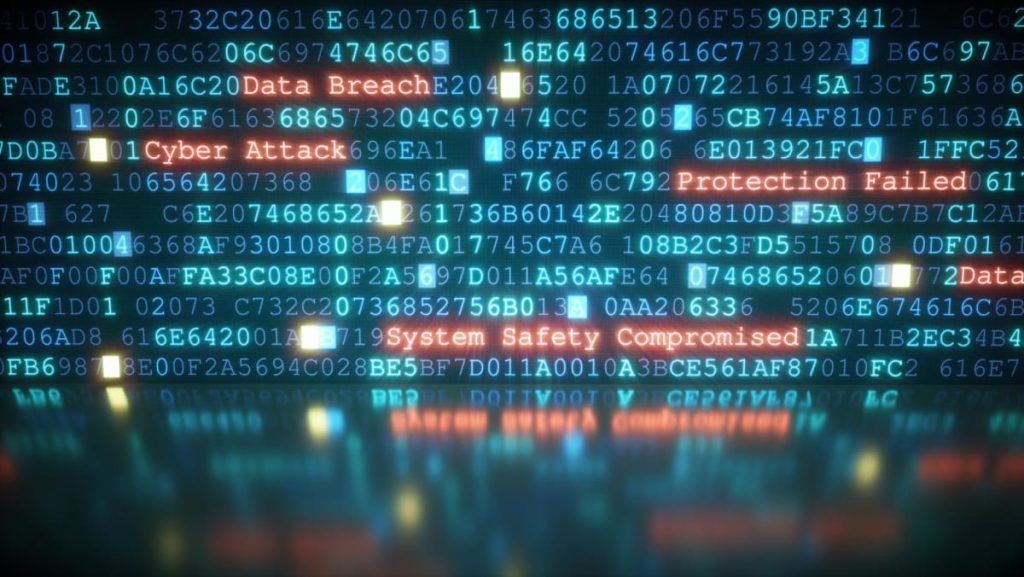North Korean hackers have been reported to have stolen sensitive data from a South Korean court computer network over a period of two years, according to Seoul police. The hackers were able to pilfer 1,014 gigabytes of data, including financial records and personal information such as marriage and personal debt records. The breach was discovered through a joint investigation with South Korea’s spy agency and prosecutors, revealing that the stolen data was transmitted to multiple servers before being detected by antivirus software.
The hacking operation was carried out by a North Korean group of hackers, who have been known to operate both within the country and overseas. The malicious malware used by the hackers was able to exfiltrate the data without being detected for an extended period of time. Authorities were able to trace the attack to North Korea by comparing the malware and server details with previous hacking cases attributed to Pyongyang, indicating that the country was responsible for the breach.
So far, only 4.7 gigabytes of the stolen data has been retrieved and identified by Seoul authorities. This data includes documents related to personal debt rehabilitation cases, such as marriage certificates, debt statements, and reasons for insolvency. The amount of information accessed by the hackers raises concerns about the potential misuse of the stolen data, as personal and financial information could be used for malicious purposes.
The data breach highlights the ongoing threat of cyberattacks from North Korea, which has been blamed for several high-profile cyber incidents in the past. The country’s army of hackers poses a significant security risk to governments and organizations around the world, as they are capable of carrying out sophisticated cyber operations to obtain sensitive information. The fact that the breach went undetected for two years underscores the challenges of defending against such attacks.
Authorities in Seoul are working to strengthen their cybersecurity measures to prevent future breaches and protect sensitive data from being compromised. The detection of the attack by antivirus software indicates the importance of having robust cybersecurity systems in place to identify and mitigate potential threats. As cyber threats continue to evolve, governments and organizations must remain vigilant and proactive in defending against cyberattacks to safeguard their data and infrastructure from malicious actors.
The incident serves as a stark reminder of the importance of cybersecurity in the digital age, as cyberattacks can have far-reaching consequences for individuals and organizations. The theft of personal and financial data by North Korean hackers highlights the need for enhanced cybersecurity measures to protect against such threats. By addressing vulnerabilities and implementing strong cybersecurity protocols, countries can mitigate the risk of falling victim to cyber espionage and data breaches by hostile actors like North Korea.


